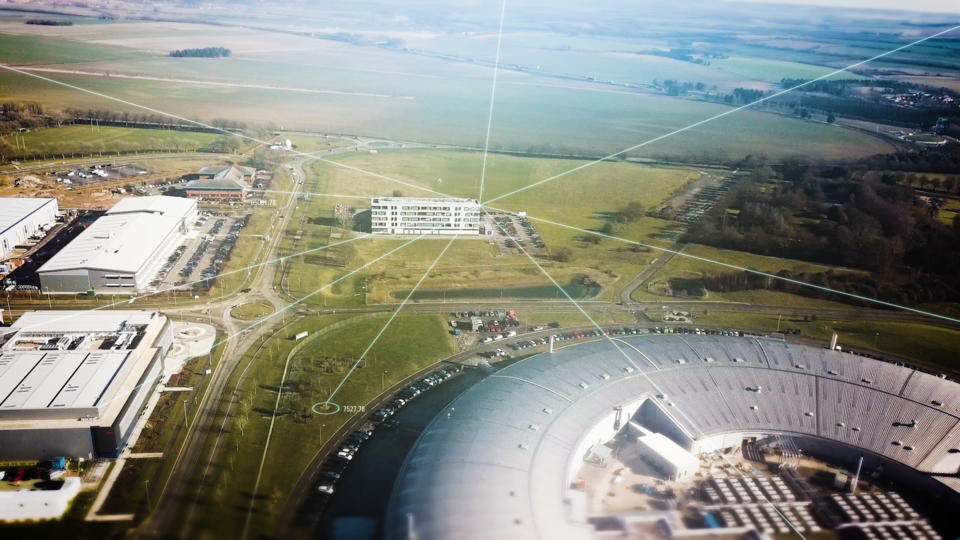UK industry uses space to secure a greener future
The UK is working with ESA to advance the European ambition of reaching carbon neutrality by 2050.
The agency is helping British companies unlock the potential of space to develop sustainable technologies in key industries, according to Elodie Viau, ESA’s Director of Telecommunications and Integrated Applications.
These efforts represent the beginnings of a decades-long process that will result in a decarbonised European economy, continued Viau, who was speaking at a recent event on energy, environment and transport convened by the Westminster Forum, a London-based conference organiser.
From its UK facility – the European Centre for Space Applications and Telecommunications (ECSAT) at Harwell Campus – ESA has helped dozens of British companies develop technologies that support the UK’s green objectives.

Last year, an initiative was launched that aims to deploy space-enabled connectivity on trains, boosting the number of passengers using Europe’s most sustainable form of motorised transport.
ESA is also collaborating with the UK government on a project that will facilitate the development of cutting-edge technologies to promote the transition to green energy.
ECSAT hosts several centres for innovation, such as the recently opened 5G/6G Hub.
The Hub is enabling industries – including healthcare, energy and transport – to use space-enabled connectivity to devise sustainable products and services, said Viau, who is also head of ECSAT.

In addition, ESA is collaborating with companies across Harwell including Darwin Innovation Group, which is developing communications technology for driverless cars.
With the support of ESA, Darwin recently launched a low-emissions autonomous shuttle that uses converged satellite and terrestrial networks to ferry people around Harwell Campus.
ECSAT is also home to ESA’s Climate Office – which is the focal point for the agency’s climate-related activities – and a new international climate modelling hub.
The Climate Office coordinates ESA’s Climate Change Initiative, which has made important contributions to global assessments of climate change, helping governments, industry and communities act to reduce the impacts of the climate crisis.

Viau said: “As set out in Agenda 2025 and the accelerators, we are committed to collaborating with industry to tackle the climate crisis and promote a greener future for European citizens.
“With its strong track record for sustainable space-based innovation and its continued contributions to European telecommunications and integrated applications, as well as Earth observation activities, the UK is helping to advance Europe’s goal of becoming carbon neutral by 2050.”
Beth Greenaway, Head of Earth Observations and Climate at the UK Space Agency, said: “Using satellite technologies to monitor and help reduce the impact of climate change is a key priority, and the UK space sector has a long history of expertise in this area. UK experts are developing new satellites that can collect remarkably detailed data, helping to inform and implement climate services to fight this global challenge.
“The UK Space Agency is working closely with ECSAT – our neighbours at Harwell Campus – to unearth and enhance even more potential for sustainable technologies across space sector industries. We’re also supporting ESA’s UK-led missions such as Truths, a calibration observatory designed to measure global warming, and Forum, which uses far-infrared to study the greenhouse effect. These missions are crucial in realising the UK government’s net zero commitments and the wider European 2050 carbon neutral goal.”







